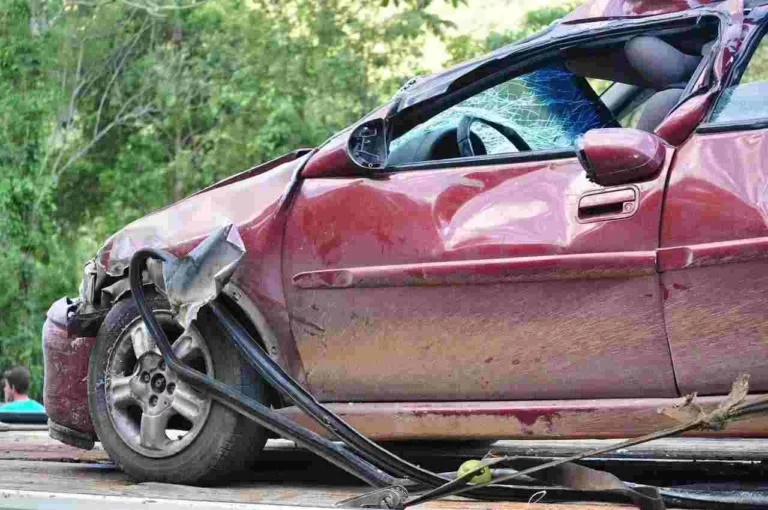Pain and Suffering Damages in Car Accident Claims in Florida

Car accidents can cause significant physical injuries and emotional distress, resulting in pain and suffering for the victims. In Florida, individuals injured in car accidents due to someone else’s negligence may be entitled to seek compensation for pain and suffering. Understanding how pain and suffering damages are assessed and awarded within the legal framework of Florida can help accident victims navigate the claims process effectively. In this blog post, we will delve into the concept of pain and suffering damages in car accident cases, providing valuable insights into how these damages are evaluated and how they contribute to ensuring fair compensation for the victims.
Defining Pain and Suffering Damages
Non-economic pain and suffering damages are intended to make up for the mental and physical hardship accident plaintiffs have experienced as a result of their injuries. Unlike economic damages, such as medical expenses and lost wages, pain and suffering damages are not quantifiable by receipts or bills. Instead, they encompass the intangible aspects of an individual’s pain, mental anguish, emotional distress, diminished quality of life, and the impact on personal relationships.
Factors Influencing Pain and Suffering Damages
Evaluating pain and suffering damages involves considering various factors unique to each individual’s circumstances. Some key factors that may influence the assessment of these damages include the severity and duration of the physical injuries, the intensity of pain experienced, the extent of emotional trauma, the impact on daily activities and enjoyment of life, and any long-term or permanent impairments resulting from the accident. Additionally, factors such as age, occupation, pre-existing conditions, and the overall impact on the victim’s well-being may also be taken into account.
The Role of Comparative Fault
Florida follows a comparative fault system, meaning that the amount of compensation awarded for pain and suffering damages can be affected by the degree of fault assigned to each party involved in the accident. If the victim is found partially at fault for the accident, the awarded damages may be reduced accordingly. However, even if the victim is assigned a percentage of fault, they may still be eligible to seek compensation for pain and suffering damages, albeit potentially reduced in proportion to their assigned fault.
Calculating Pain and Suffering Damages
Unlike economic damages, pain and suffering damages do not have a specific dollar value attached. There is no predetermined formula for calculating these damages, making it a more subjective assessment. Insurance adjusters and courts typically consider the severity of the injuries, medical reports and documentation, expert opinions, testimonies from the victim and witnesses, and precedents set in similar cases when determining the appropriate amount of compensation for pain and suffering.
Seeking Legal Representation
Navigating the complexities of pain and suffering damages in car accident claims can be challenging. Engaging the services of a knowledgeable personal injury attorney who specializes in car accidents in Florida can be immensely beneficial. An attorney will assess the unique aspects of your case, gather the necessary evidence, build a strong argument for pain and suffering damages, and negotiate with insurance companies or represent you in court. Their expertise and understanding of Florida laws can significantly increase your chances of receiving fair compensation for your pain and suffering.
Conclusion
Understanding the concept of pain and suffering damages is crucial for car accident victims seeking fair compensation for their physical and emotional distress. By considering the factors that influence these damages, such as the severity of injuries and the impact on the victim’s well-being, and by seeking legal representation to navigate the claims process, victims can present a compelling case for adequate compensation. Remember that pain and suffering damages acknowledge the intangible hardships endured and aim to provide just compensation for the victim’s pain, suffering, and diminished quality of life resulting from the car accident.
